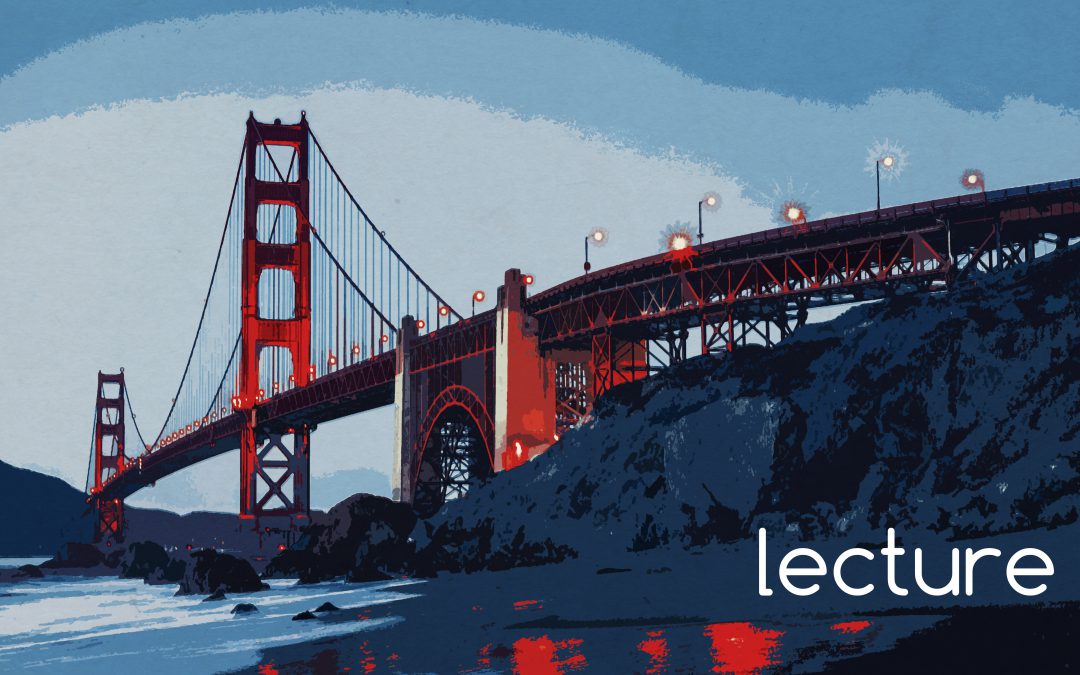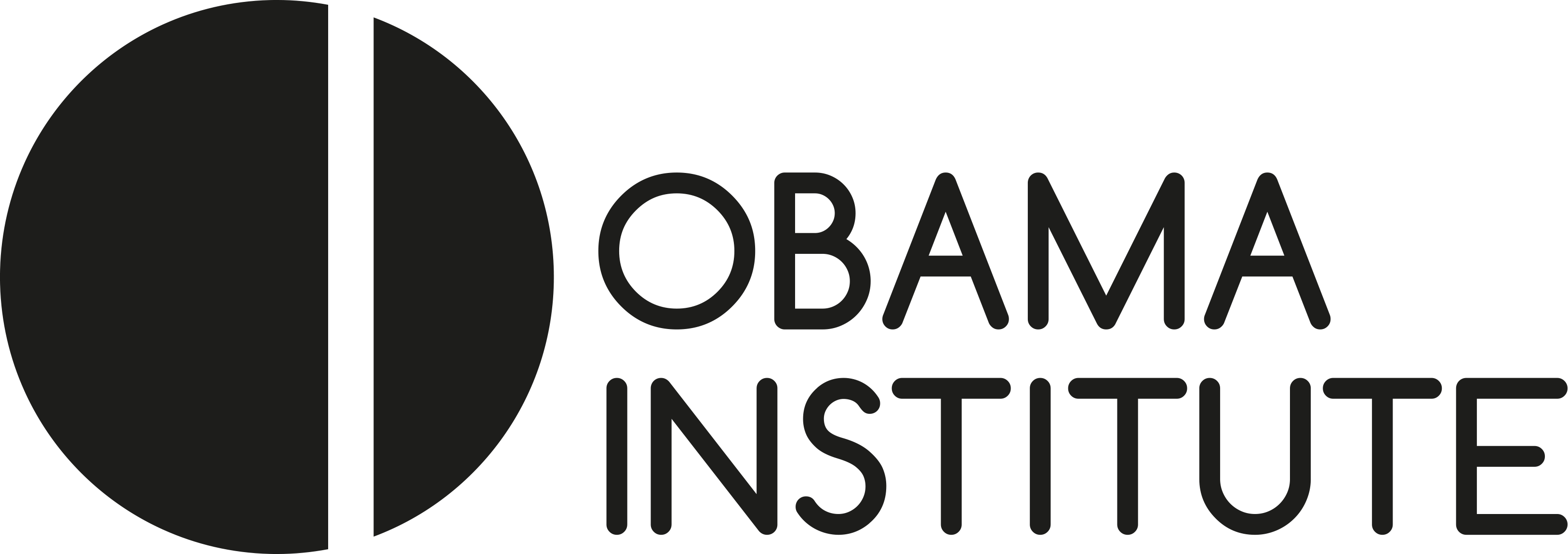
Conferences, Events, News, Workshops
The Obama Institute and the “Narrative Medicine” program at Columbia University, New York invite everyone to a conference (June 20 & 21) and a workshop (June 22 & 23) on “Cultures of Medicine” and “Narrative Medicine” (co-organized with the Center of Continuing Education at JGU).
For the full schedule, further details, and registration, please visit zww.uni-mainz.de/tagungen-und-workshops/narrative-medicine/.
You can also download the flyer here.
Conference participation is free of charge.
For remission or reimbursement of the workshop fee, please contact Prof. Banerjee.



Events, Lectures, News
Jennifer Reimer (University of Graz, Austria)
Tuesday, May 28, 2019
10 a.m.-12 noon
P 109a (Philosophicum)
Transa may originate in Tijuana, but like so many Tijuanese, it is a mobile, border-crossing word. In transa, we hear the echo not only of transaction but also of transnational, transboundary, and many other concepts that have become increasingly popular in cultural studies of the Americas. Transa describes alternate forms of borderlands representation that are ‘transa-national’ and ‘transa-genre.’ Drawing on Montezemolo, Peralta and Yépez’s use of transa, in this chapter, I explore the varied potential of transa as an alternative border encounter—an approach that theorizes how transactions between the material realities of the US-Mexico borderlands and innovative aesthetics (form) produce experimental, transnational cultural texts.
Jennifer Reimer is a Lise Meitner Postdoctoral Fellow (American Studies) at the University of Graz, Austria. Previously Assistant Professor in the Department of American Culture and Literature at Bilkent University in Ankara, Turkey, Dr Reimer received her PhD in Ethnic Studies from the University of California, Berkeley in 2011, and her MFA in Writing from the University of San Francisco in 2005. She is the 2011 winner of the Gloria E. Anzaldúa Award for Independent Scholars, awarded by the Women’s Committee of the American Studies Association. Her first prose poetry book, The Rainy Season Diaries, was released in 2013 by Quale Press. She is the co-founder and co-editor of Achiote Press, an independent press dedicated to spotlighting underrepresented authors and artists.
You can download the poster for the event here.

Events, Exchange Programs, Lectures, News
David Thomson (Sacred Heart University, CT, USA)
Tuesday, May 28, 2019
4-6 p.m.
P 207 (Philosophicum)
The story of transatlantic finance in the nineteenth century has often been one that fixates largely on a US-British binary. Capital flows between these two nations (increasingly centered around financial instruments pertaining to cotton) have been detailed at length in an array of monographs. While some historians have explored the power of Dutch financiers, especially as it pertained to American railroad stock, little attention has been paid to German financiers in nineteenth century specifically as it pertains to their increasing interest and interconnectedness with the United States. While partly down to a dearth of surviving primary source evidence, the importance and connections between German financiers and American counterparts helps to explain evolving notions of transatlantic finance but also in part the respective rise of these two economies as they eclipsed the British by the early twentieth century. What began as two economies operating on the periphery of a dominant British financial network in the earlier part of the nineteenth century evolved by century’s end. Finance played but one part in this narrative of American and German ascension, but the financing of debt is one window into this critical story of the nineteenth century.
David Thomson is a historian of the 19th century United States with a special focus on the history of capitalism in the Civil War era. Thomson received his Ph.D. from the University of Georgia and joined the faculty at Sacred Heart in the fall of 2016. He teaches both halves of the United States history survey as well as electives on the American Civil War, Reconstruction, American Capitalism, and United States Foreign Policy.
You can download the poster for the event here.

Events, Lectures, News
Sasha Pimentel (University of Texas at El Paso)
Thursday, May 23, 2019
12 noon – 2 p.m.
003 SR 07 (BKM)
Visit sashapimentel.com/about for more info on Sasha Pimentel.
You can download the poster for the event here.

Events, Lectures, News
Hsuan L. Hsu (University of California, Davis, USA)
May 14, 2019
10 a.m.-12 noon, Philosophicum I, P 109a
This talk will consider how racial and geographical disparities inflect dystopian representations of environmental risk. Drawing from literary and performative stagings of atmospheric violence—including smog, factory fumes, industrial accidents, and stink bombs—it will consider how we might rethink the “Anthropocene” (perhaps better termed the racial, colonial Capitalocene) in connection with transnational and settler patterns of “air conditioning” or atmospheric manipulation.
Hsuan L. Hsu is Professor of English at UC Davis. He earned his A.B. in Literature from Harvard University in 1998 and his Ph.D. in English and American Literature from U.C. Berkeley in 2004. He joined the UC Davis faculty in 2008. His interests include 19th and 20th-Century U.S. literature, Asian diasporic literature, race studies, cultural geography, sensory studies, and the environmental humanities. He is the author of Geography and the Production of Space in Nineteenth-Century American Literature (Cambridge, 2010) and Sitting in Darkness: Mark Twain, Asia, and Comparative Racialization (NYU, 2015). He is working on a manuscript entitled The Smell of Risk: Atmospheric Disparities and the Olfactory Arts (under contract with NYU Press), which considers olfactory aesthetics as a mode of engaging with environmental injustice in literature, art, memoir, and law.
You can download the poster for the event here.




